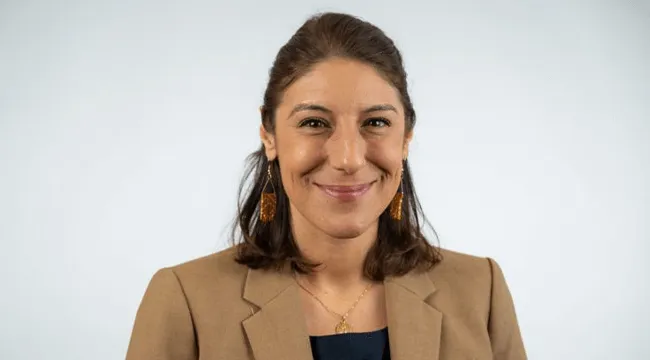The Stuttgart (Arkansas) Daily Leader featured a study by UVM and University of Arkansas researchers on why rural cancer survivors are underrepresented in cancer research: Limited access to digital resources may be one reason, the study found.
Lead author Emily Hallgren, Ph.D., now assistant professor of medicine at the Larner College of Medicine and deputy associate director of community outreach and engagement at the University of Vermont Cancer Center, began the work while she was a researcher for the University of Arkansas for Medical Sciences Institute for Community Health Innovation.
The study found that rural cancer survivors were willing to participate in cancer research studies; however, factors such as limited broadband access and fewer digital resources may prevent rural and older residents from fully engaging in cancer research studies.
“Improving survivorship requires understanding survivorship,” Hallgren says. “To ensure everyone receives the same cancer treatments and care, we must remove the barriers that prevent rural and older survivors from having a voice in the science that shapes their care.”
In Participation in Cancer Survivorship Survey Research: Difference by Rurality and Age, published in Cambridge’s Journal of Clinical and Translational Science, researchers found that rural and older cancer survivors prefer mail-in surveys and phone calls as research participation methods, while urban and younger cancer survivors are more likely to choose digital options such as email, text messages, or online surveys.
